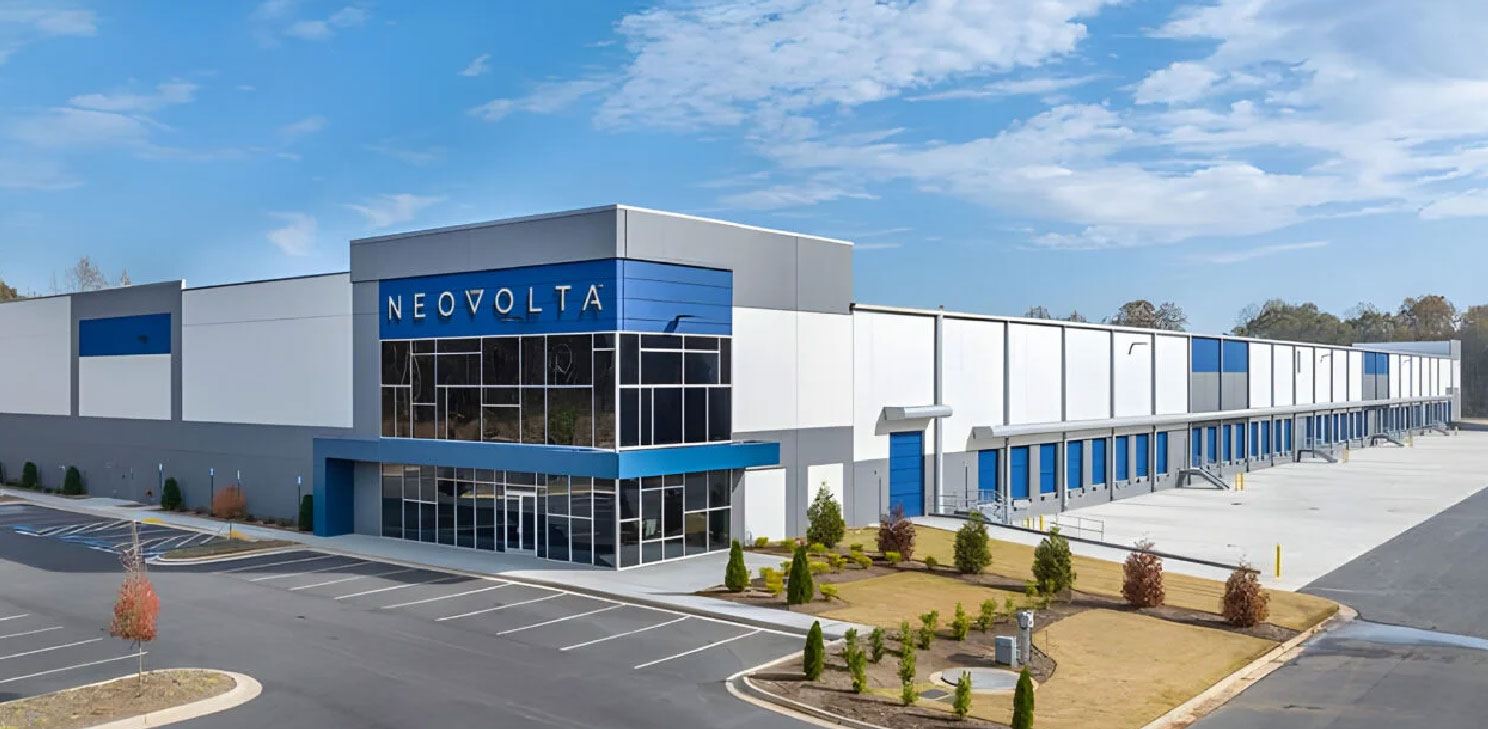The rapid expansion of industries reliant on battery technologies, particularly within electric vehicles (EVs) and renewable energy storage, has led to a surge in demand for batteries. However, this growth has also raised concerns about the environmental impact and sustainability of lithium-ion battery (LIB) manufacturing processes. Addressing these challenges has become increasingly urgent as the sustainability of an EV-powered future depends not only on production capacities but also on effective recycling systems.
The life span of LIBs is around 3–10 years, and with at least 500 million cells being produced since 2000, it is estimated that 200–500 million tonnes of spent LIB waste will be generated annually by 2020. Putting these spent batteries in simple landfills is a huge threat to the environment and human health due to the pollutants and flammable materials within. Spent LIBs also contain the valuable metals that are required for battery manufacturing, such as cobalt, aluminium, copper, and nickel, as well as the lithium that defines them. These metals are limited resources, and the prices of these raw materials are rising due to high demand and a diminishing supply.
High demand for specific metals for battery manufacturing and environmental impacts from battery disposal make it essential to recycle and retrieve materials from the spent batteries. Recycling and using these secondary material sources can help reduce primary material requirements and alleviate the environmental burdens associated with extraction and processing. By using recycled metals from spent LIBs in the production of new ones, a closed-loop, circular economy is created that reduces dependence on virgin materials.
A circular economy model in LIB production and recycling would follow 4 steps in a sustainable closed-loop cycle.
- Design for Recycling: Manufacture of batteries that are designed for longevity, easy disassembly, and recyclability to effectively retrieve valuable materials like lithium, cobalt, and nickel.
- Extended Producer Responsibility: Laws that incentivise or require manufacturers to implement a circular economy in their gigafactories would ensure they are responsible for the whole lifecycle of their products from creation to disposal.
- Second-Life Applications: Repurposing LIBs that are no longer fit for purpose but still can be used for other applications maximises products and material utilisation, delaying disposal and recycling, so decreasing the need for raw materials.
- Material Recovery and Reuse: Using advanced recycling technologies, extract essential elements from spent LIBs, decreasing dependence on extracting new resources and lessening the environmental effects of mining. The use of these recycled materials in fresh LIB production completes the cycle and closes the loop.
Transitioning to a circular economy model is crucial for achieving sustainability in battery manufacturing. This involves designing batteries with recyclability in mind, improving battery design for easier disassembly and material recovery, and incentivising manufacturers to adopt sustainable practices throughout the product lifecycle. By embracing recycling initiatives, implementing circular economy principles, and investing in innovative technologies, the battery industry can minimise its environmental footprint and contribute to a more sustainable future.
The development of sustainable gigafactories in Europe is a crucial step in achieving the continent’s ambitious targets for electric vehicle production. By spearheading innovative recycling capabilities, we can ensure the world not only moves towards a green automotive future but also ensures the long-term success of the automotive industry in the age of electrification. For the opportunity to have in-depth discussions about this and other challenges facing gigafactories, as well as meeting with exhibitors providing circular economy solutions, join us at the 2nd Battery Gigafactory Summit USA: Advances in Planning, Engineering and Operations taking place in Nashville, Tennessee, on November 13–14, 2024. For more information, visit our website or email us at info@innovatrix.eu for the event agenda.















